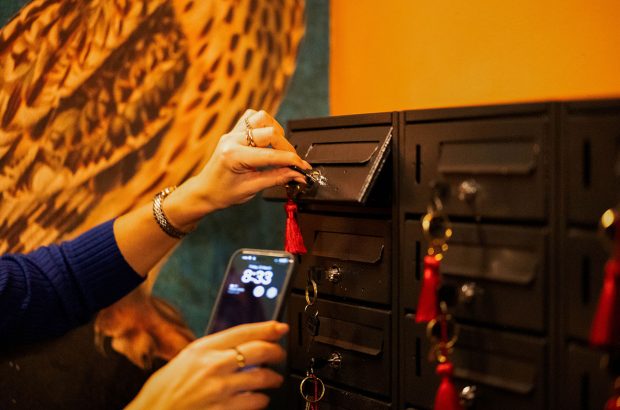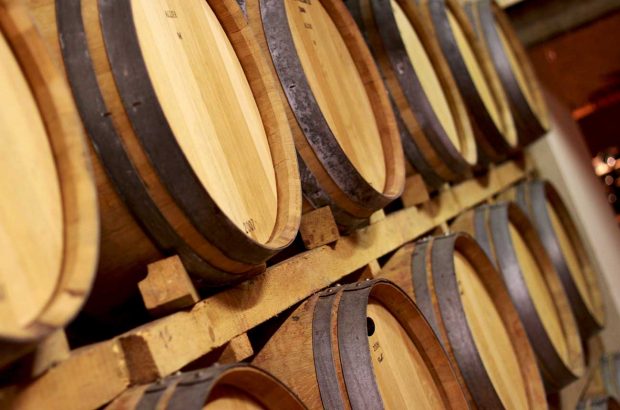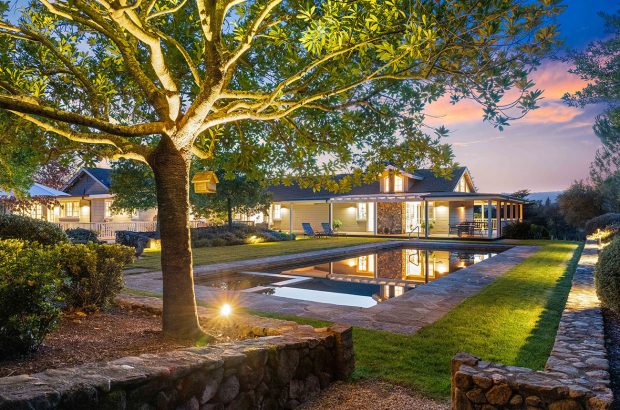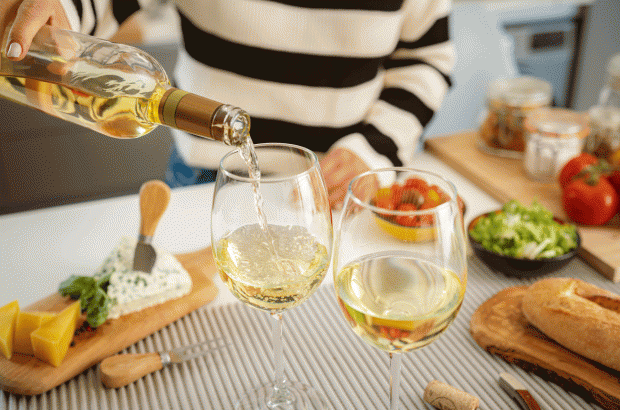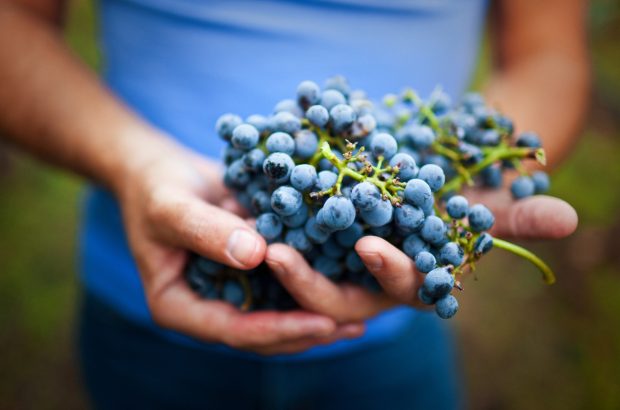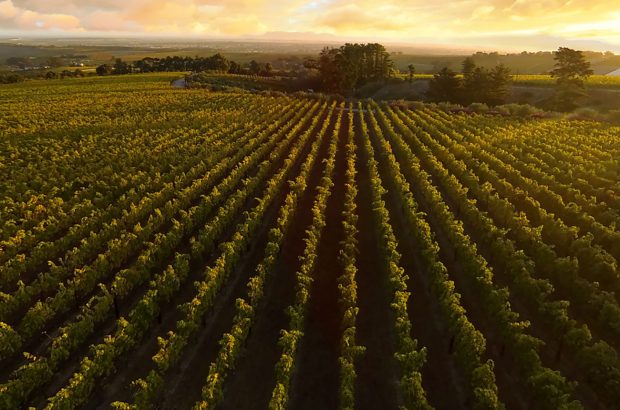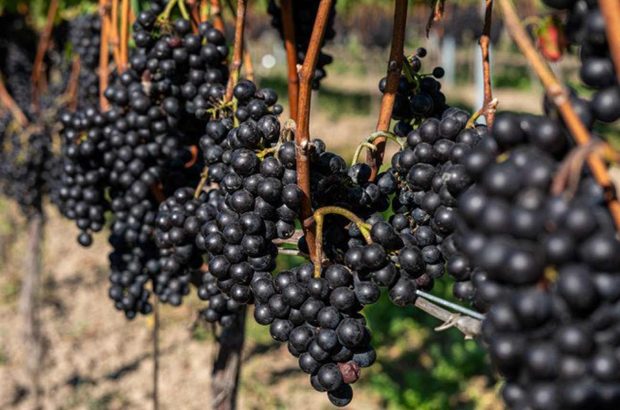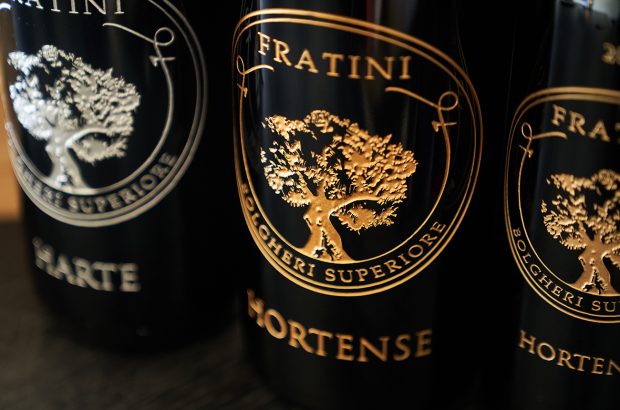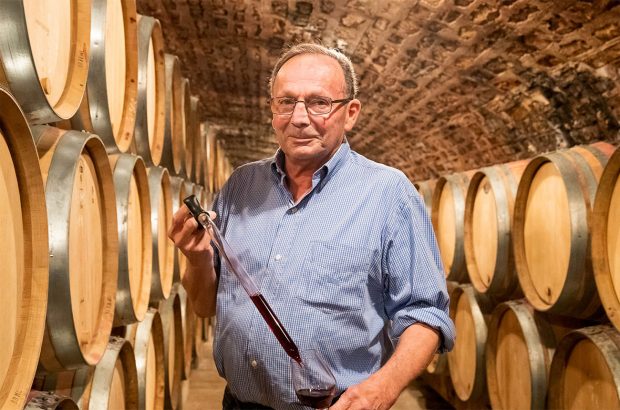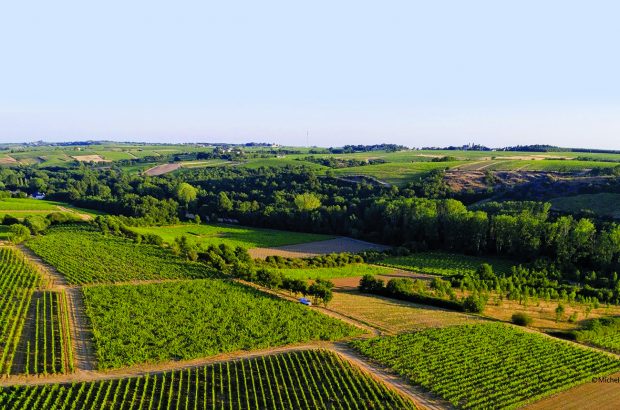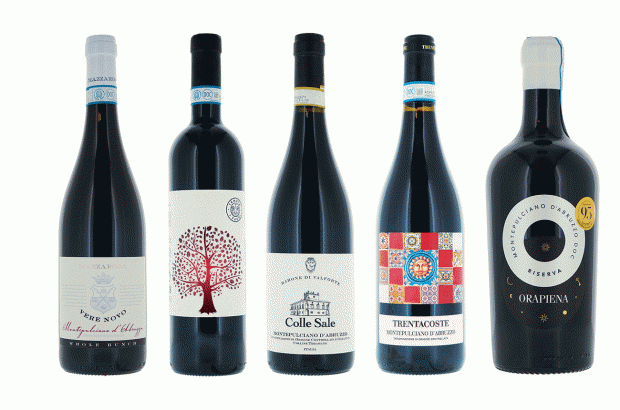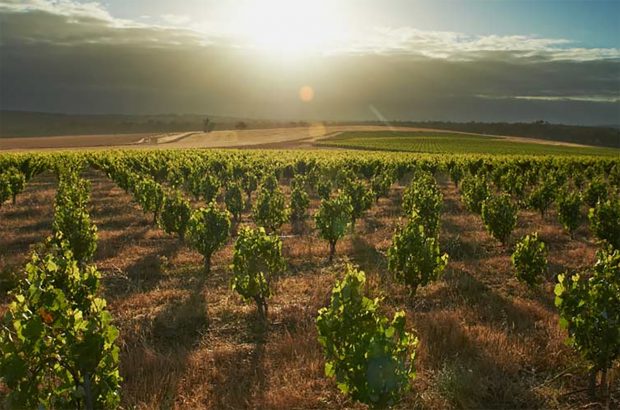‘New’ is the second most popular word in any sales catalogue. (The first is ‘Free’.)
We scribblers can’t resist it: it guarantees copy of one sort or another. Even in the slowly evolving world of wine, where the main ethos of the product is historical continuity, ‘new’ sells.
To someone like me with a strong sense of history, not to mention conservative tastes, it can be a bit unsettling. It’s not really change that bothers me. There is always room for improvement. What can irritate me is change for change’s sake. Champagne has certain attributes; we know what to expect. Claret, too, various as they are. ‘Burgundy’ leads you to expect a set of characteristics, from nose to a (hopefully) good long tail.
Different grape varieties are the first causes. In certain wines you can assign them to vineyards – or at least regions. And of course to vintages. But above all they are what you want, or at least hope for, when you choose and order this or that wine. You can call it ‘typicity’. To satisfy expectation is the prime reason for appellations contrôlées and their various equivalents.
The wine trade has in the past taken – let’s call it – a broad view, seeing (to put it positively) authenticity as less important than ‘customer satisfaction’. Burgundy was routinely blended by négociants, and often beefed up with Algerian; Château Lafite, at one point, was ‘Hermitage’d’. Perhaps you can date the demand for authenticity to Baron Philippe de Rothschild in the 1920s, when he decided to bottle the whole production of Mouton at the Château in Bordeaux.
In the 1960s, consumer rights advocate Ralph Nader started a climate of mistrust that found an easy target in wine. While British drinkers confided in their wine merchants, the post-Prohibition American market was less trusting, suspecting a scam behind every label.
There was collateral damage. Just growing grapes doesn’t make you a wine expert. In Britain there were professionals whose skill had few counterparts in France. ‘Bottled at the domaine’ could be an amber light. How valuable was authenticity in any case, if the wine was not up to much? You can be authentic and incompetent too. But if you’re changing the recipe, we need to be told.
I’ve sometimes argued for a broader definition of wine, to make room for new inspiration. I also argue that traditions must be protected. So, no Touriga in Bordeaux. Can we not have both; the old and the new?
Hugh Johnson OBE is a world-renowned wine writer. This column first appeared in Decanter magazine’s December 2021 issue.



